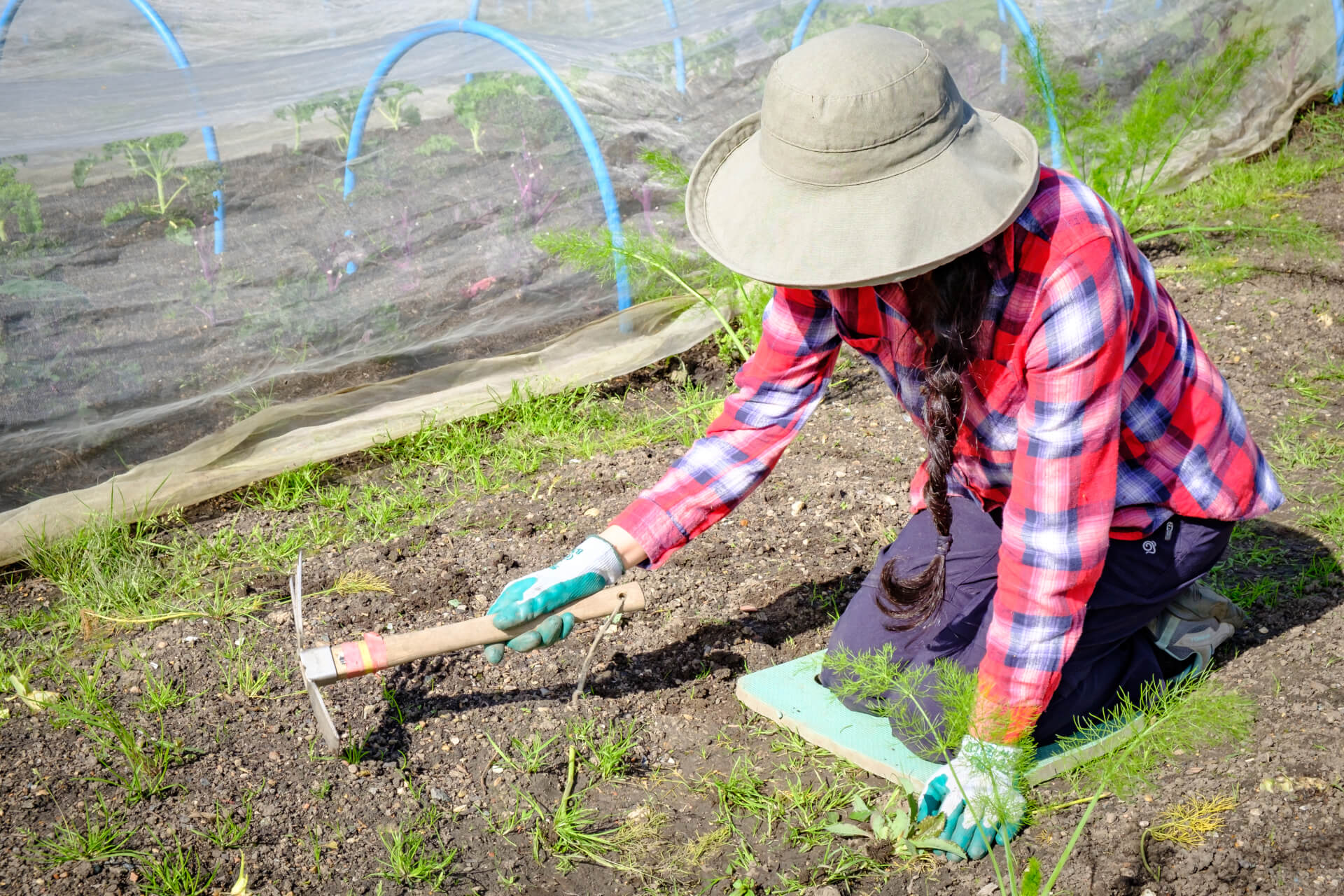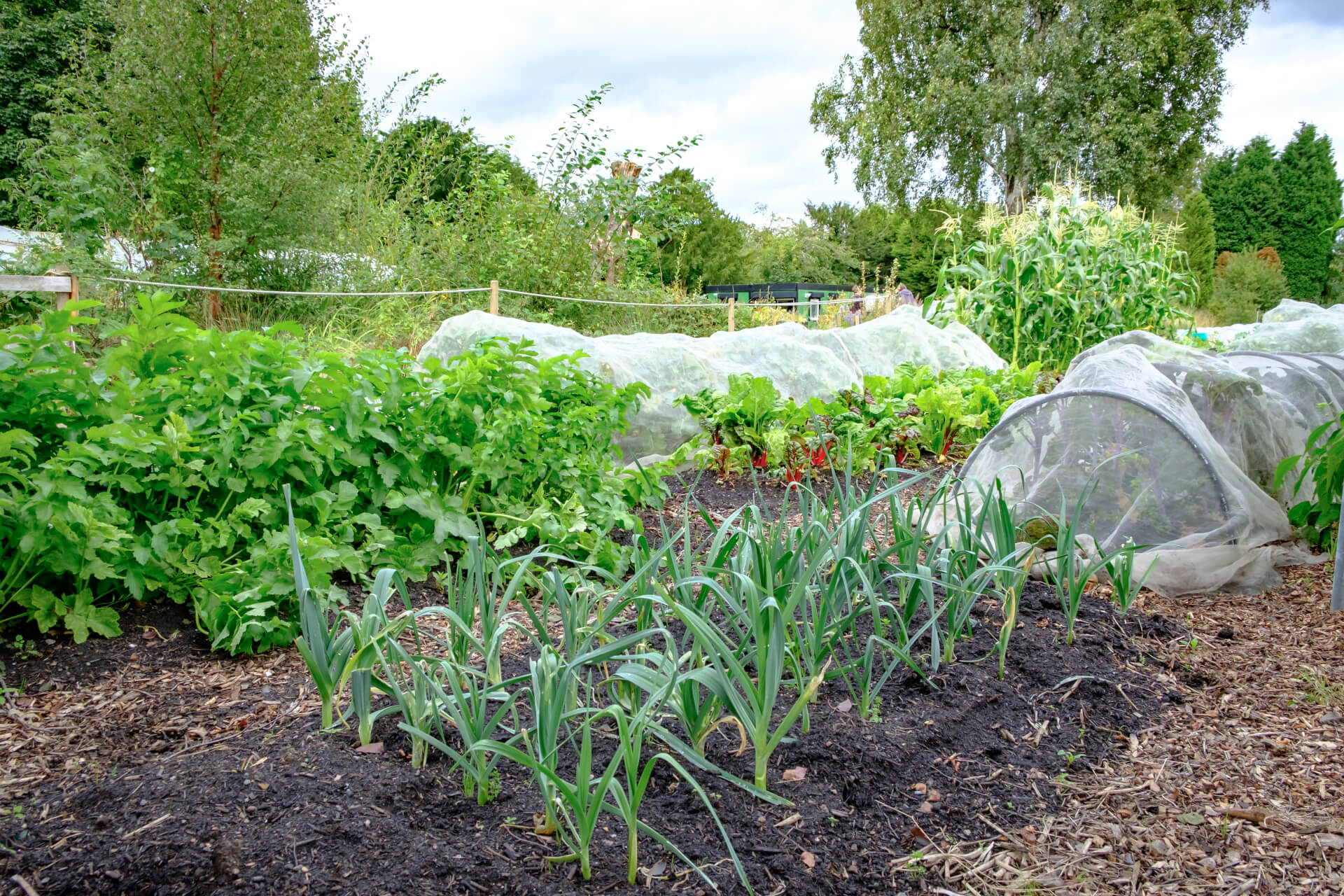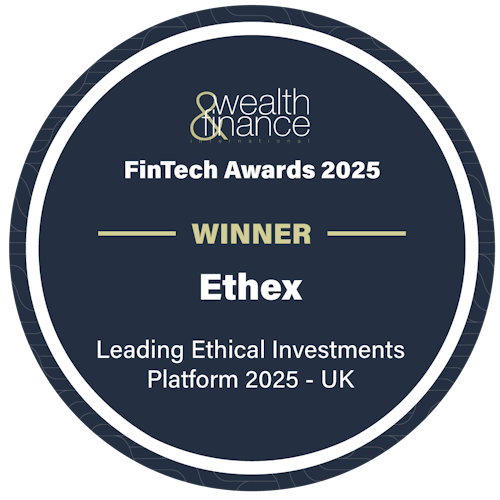Don’t invest unless you’re prepared to lose all the money you invest. This is a high - risk investment and you are unlikely to be protected if something goes wrong. Take 2 mins to learn more

investing
Restoring our earth - starting with the soil
Restoring our earth - starting with the soil
In the run-up to Earth Day 2021, events are taking place globally, focusing on the theme: Restore Our Earth — and covering sustainability, natural processes, emerging green technologies and innovative thinking that can restore the world’s ecosystems.
One of the key areas that will be discussed at many of these events is the role of agriculture in accelerating climate change and looking at better methods of farming, food production and overall soil health
The role of agriculture
There is little doubt that modern farming methods are one of the key contributors to greenhouse gas emissions and it is universally accepted that we will have to rethink the way we farm if we are to turn back the tide of climate change.
From overuse of land and water to emissions from intensively managed livestock, agriculture has a key part to play in cutting greenhouse gas emissions.
The soil itself is integral to this. The world’s soils contain about 3,500 billion tons of carbon and conventional intensive industrial farming releases CO2 from the soil into the atmosphere. These methods are doubly damaging because they use fossil fuels in the creation and application of fertilisers and pesticides, and then unnaturally accelerate the life cycles of the soil and animals which releases yet more greenhouse gases.
A better way of farming
But not all farms are the same. The current industrial agriculture sector might be successful in producing large amounts of food, but the problems it creates for the land, ecosystems and the environment outweigh the benefits that mass-produced food brings. As the world awakens to the need for change in all areas of industry, pioneering organisations like The Kindling Trust are looking to use more sustainable methods of food production, that not only provide better food but don’t cost us the planet.
The Kindling Trust is currently raising funds via a community share offer to buy a farm in greater Manchester that they will develop and run as a sustainable farm, producing fruit and vegetables for the local community and beyond.
By focusing on pioneering, practising and promoting agroecological land-use and sustainable food systems, they will successfully cut carbon emissions from the food they produce, and a major element of their plans is to work to educate people and other prospective eco-farms to do the same, sharing the benefits of better food production and multiplying the positive impact of their methods.
Kindling Farm will practice agroforestry, combining carbon-sucking trees with crop growing not only helps the environment, which makes farming more profitable, productive, and sustainable.
Reaping the rewards
Aside from the multiple benefits to the environment, the plans for Kindling Farm will have a positive impact in many other ways. Their farming methods will be mindful of wildlife and they plan to nurture the ecosystems around the 128 acres of land they are aiming to buy. Kindling will use organic farming methods that will act as a refuge for wild plants, offsetting the loss of biodiversity on conventional farms.
The farm will produce organic fruit and vegetables that will not only taste great but that are proven to be healthier too. A 2014 study into organic fruit and vegetables at Newcastle University concluded that in organic food, quantities of antioxidants, which help prevent cancer and heart disease and boost immunity, are between 19 and 69 per cent higher.
Kindling Farm’s ethos doesn’t just value the land and the food that they produce but places value on people too. Their vision is of a society where everyone feels included and valued. Therefore the community ownership of the farm is at the very heart of what they stand for.
Be a part of it
For many years, the Kindling Trust have welcomed volunteers and new members to learn about good food production. Now they are inviting even more members of the public to be a part of their vision and community for Kindling Farm. By investing from as little as £200, investors effectively buy themselves a part of the farm and become co-owners. And the idea is clearly attractive as the offer has raised almost £500,000 of its £650,000 target already, just weeks after launch. As well as becoming part-owner of a sustainable farm, investors also target returns of up to 3%. Find out more.
Please be aware that capital is at risk and returns are not guaranteed.
Please be aware that capital is at risk and returns are not guaranteed.
This year, the team at Ethex are celebrating Earth Day by helping more people use their money to help buy a farm where working the soil won’t cost us the earth.



